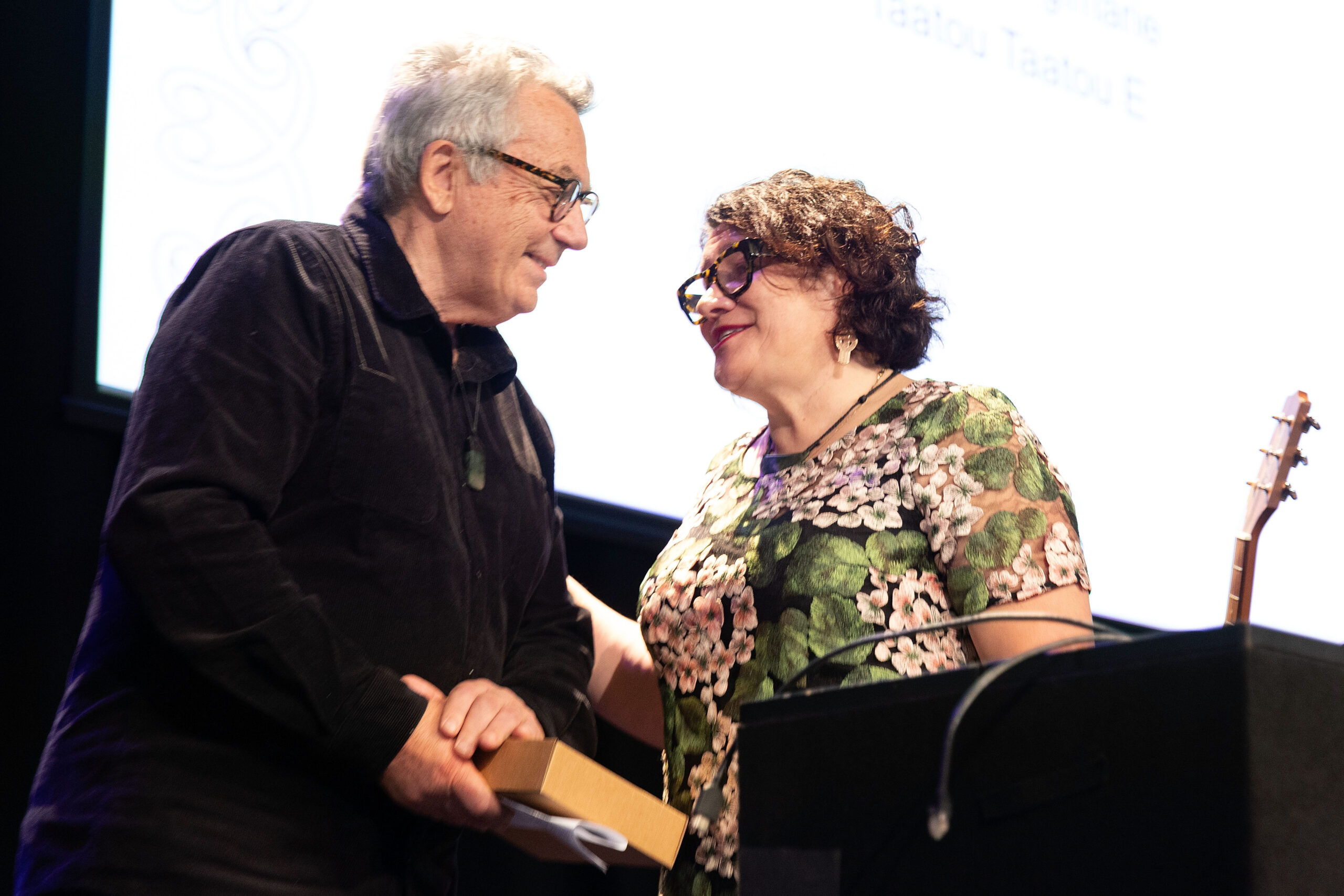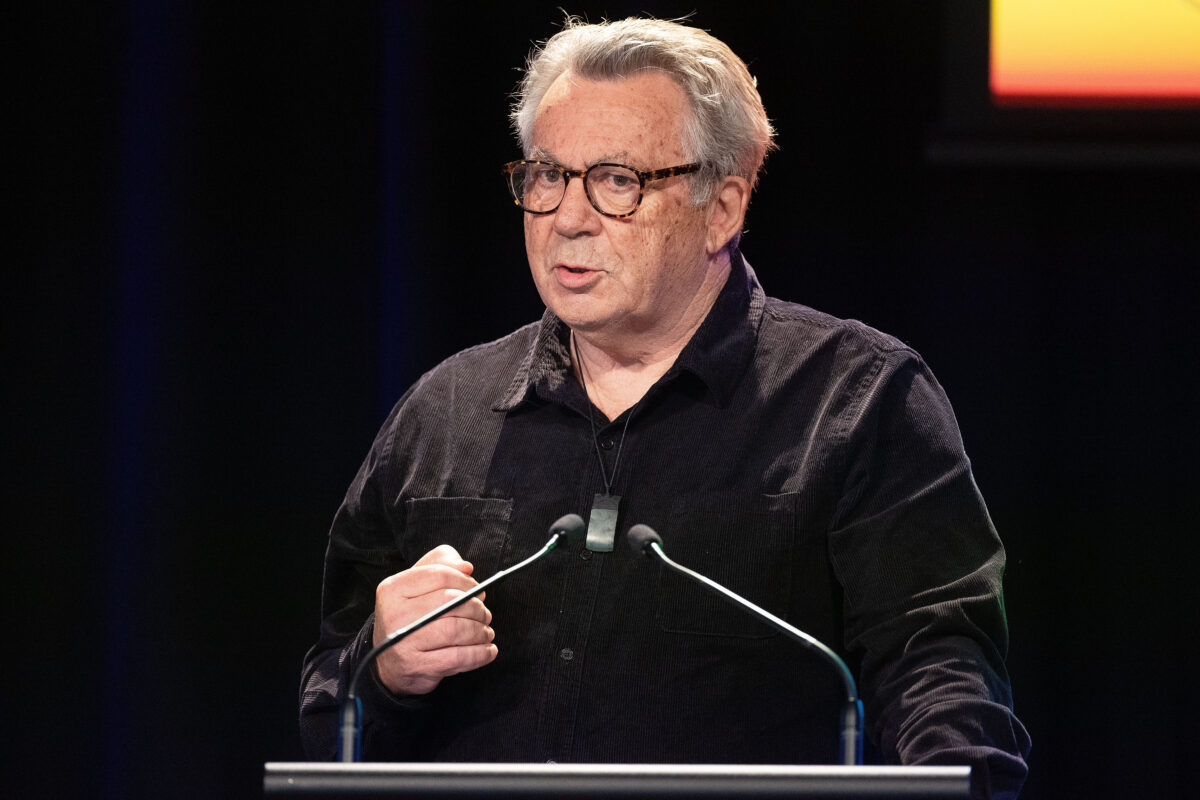The many issues facing health services in Aotearoa are well known. In this commentary, I focus on how we might do much better even, as the old adage goes, if you wanted to get to the right destination you would not start here. Like any traveller we have to start where we are.
The worst thing that can happen in any journey is to be guided by people who do not know, listen or learn. If you add do not care to the list it gets worse.
I’m an outsider with very limited experience and expertise in health from either a clinical, education or management perspective. I hope I’m an ok listener and learner though. Let me know where I am wrong. The worst thing that can happen in any journey is to be guided by people who do not know, listen or learn. If you add do not care to the list it gets worse. You might recognise that situation.
The big issues seem to be:
- We do not have an effective national plan across good health, illness, disability, ageing and accident services, defining what we wish to have, what the standards should be, and who should be providing the services. There are lots of separate documents but no effective clarity on this across public, private and community sectors. Without this, we tinker and adjust management, training, operations and funding in an ad hoc manner that suits no-one and wastes resources. Yes, I wonder what the ministry does too.
- We do not rationally or equitably prioritise public funding across the various services on health-based criteria. Instead, we follow a narrow political and other public pressure-based auction process, overlaying what can be paid for privately or insured for by some.
- We do not involve the people providing services enough in deciding what and how to deliver them. Relationships between and within services and with funders are transactional and hierarchical. There are low degrees of trust that the endeavours are shared, with common goals and motivations. At a small team level, relationships are often strong and genuine, but at wider levels they can be unhelpful and even toxic.
The malignancies and inefficiencies embedded in the system will exact an ongoing toll on many people involved, far from least those working as or hoping to be nurses.
All of these things are more important than what has been addressed in the Pae Ora reforms. A big set of structural changes imposed onto these issues was always going to be a struggle. A lot of that is about political, governance and management culture within the part of the system which was grouped as Te Whatu Ora.
The opportunity to build a contrasting culture in Te Aka Whai Ora was not optimised in either planning or implementation and has been eliminated without having a chance to develop.
As I noted, we now have to build from where we are, with structures we have. The malignancies and inefficiencies embedded in the system will exact an ongoing toll on many people involved, far from least those working as or hoping to be nurses.
So we must focus on how we can improve things, even within a highly compromised situation. The answers will not be found in shuffling senior management positions.
The critical things which can be done in respect to nursing are:
- Resolve and maintain fair remuneration and work practices, such as safe staffing levels across the whole system, private and public, hospitals and other services.
- Integrate training, placement, immigration, transfer and employment plans similarly on a whole sector basis, with engagement of the professional and union bodies as full partners.
- Embed equity and te Tiriti practice across the sector whether public, funded or private, including training and accreditation.

I know that some will see this as restrictive on freedom to operate. But the alternative is to continue with the systemically and personally destructive past and present as the sector faces ongoing high rates of demand along with work practice and technology changes.
It seems to me that over a long period we have corporatised and industrialised health services, separating them from communities and whānau. As part of that, we have devalued and disrespected the vocational aspect of the people who create, define and deliver services. People like nurses, along with the numerous other clinical, care and support providers. The public and private health systems must have governance and management which is dedicated to act for these people and those needing service.
Once you have governance and management feeling that the system is them and the others are their workforce, you are in trouble. We are.
— Former Te Whatu Ora chair Rob Campbell was sacked last year by then-Minister of Health Ayesha Verrall over social media comments he made claiming Christopher Luxon was ‘dog-whistling’ with National’s proposal to scrap Māori co-governance of the country’s storm, waste and drinking water. Verrall said public servants must remain politically neutral and that economist and trade unionist Campbell’s comments went too far.




